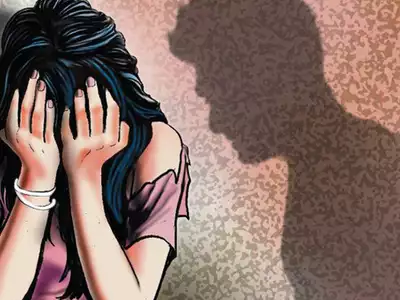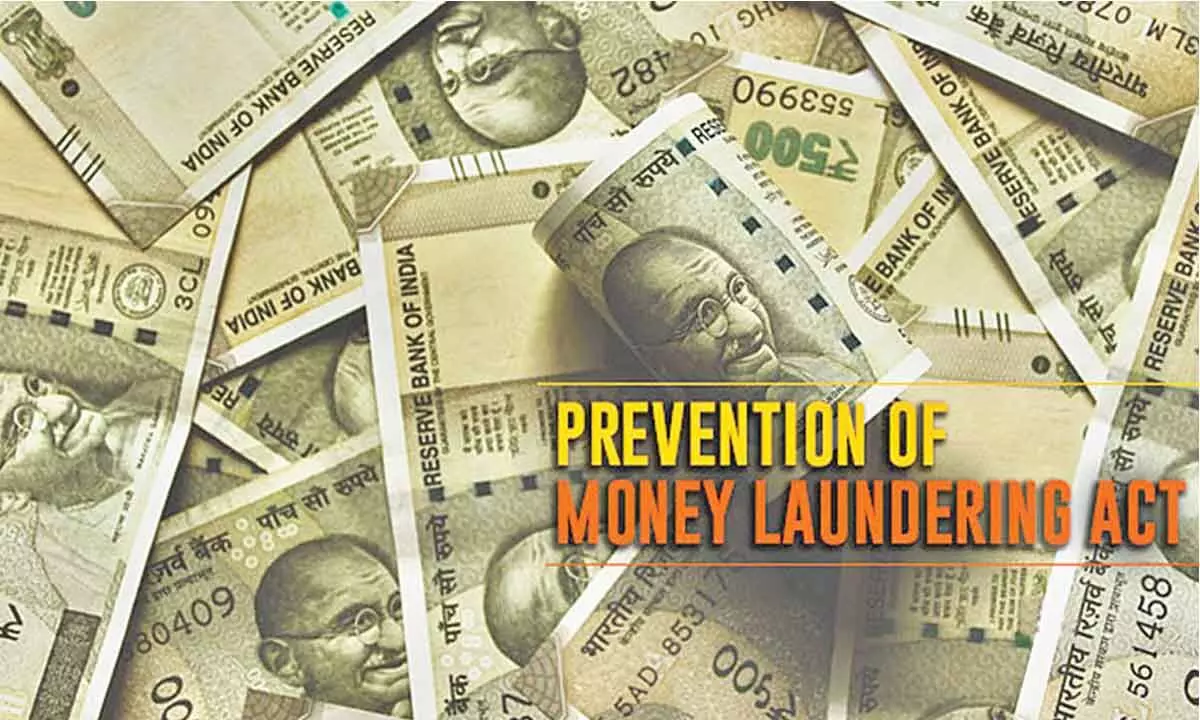A bench led by Chief Justice Sanjib Banerjee highlighted that for survivor-children, it is difficult to imagine that their accounts of the crime are conjured and repeated.
The Meghalaya High Court recently held that lack of witnesses in sexual assault cases under the Protection of Children from Sexual Offence Act (POCSO Act) will not be a ground to let the accused off the hook in such cases [Arjun Das Vs. State of Meghalaya & ors]..
A Bench of Chief Justice Sanjib Banerjee and Justice W Diengdoh stressed that the nature of these offences mean they many time happen not in public view but secretly after the accused lure the survivors to secluded spots.
When the survivor is a child, it is improbable that a story would be conjured up regarding such an incident, the Court said.
“The law that has developed requires the allegation of the survivor to be taken seriously and, if found to be credible, to accept the same … When the survivor is a child, it is difficult to imagine that a story would be conjured up out of nothing and the same would be consistently repeated. Thus, when the survivor is a child of, say, up to 11-12 years of age, unless the court finds the child to be precocious enough to make out a story and consistently repeat the same, the fact that there may not have been any witness to the incident of sexual assault may not, by itself, let the accused off the hook.”
The Court dispelled the notion that uncorroborated allegations and complete denials by accused in such cases should mean the account of the survivor is untrue..
“It is time to completely discredit a routine line of defence often taken by an accused facing a charge of rape or sexual assault … For a start, however depraved a person may be to sexually molest another person, he may not be foolish enough to indulge in such act in open public view. Such offences are committed stealthily or surreptitiously when the survivor is alone or by luring the survivor to a secluded spot,” the Court stated.
The observations were made while dismissing an appeal by an accused, a tuition teacher, convicted for the offence of aggravated penetrative sexual assault against one of his 9-year-old students.
A medical examination during the course of the probe had found lacerations and tears in the anus of the survivor.
The petitioner rested his case on the fact that his brother as well as another student who were taking tuitions at the time were not examined during trial to verify the allegations.
The High Court said that in view of the clear and believable statement of the survivor, medical evidence, and lack of errors in the trial court order and proceedings, the case was an ‘open-and-shut’ one.
“Merely because Babuji had not been cited as a witness by the prosecution or the father of the survivor may have exaggerated the duration of the tuition class would not detract from the eminently believable account of a nine-year-old survivor in course of his statement under Section 164 of the Code and the description of the incidents at the time of his medical examination,” the judgment said.
The Bench observed that there was no impediment during the trial to call anyone for examination as witnesses.
“In the absence of the appellant calling such persons as defence witnesses despite having due opportunity therefor, the appellant cannot surmise as to what such persons may have stated to detract from the consistent version of the survivor.”
The appeal was, therefore, dismissed.



